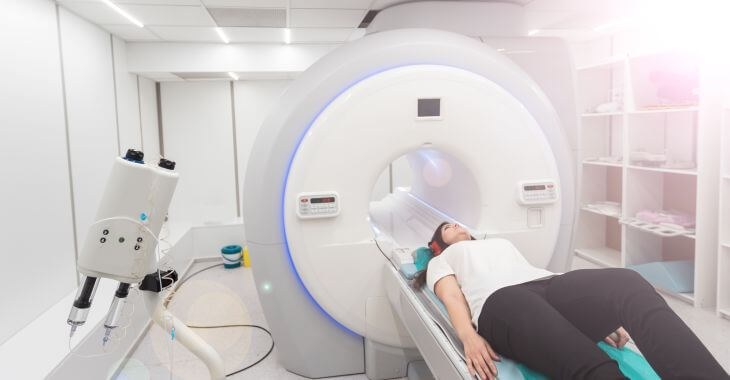How Long Does a UTI Last?

A urinary tract infection (UTI) can be aggravating and uncomfortable. It can also lead to other health issues if not controlled. Do you know the symptoms and causes of a UTI and what treatments are best to stop these infections? How long does a UTI last without antibiotics? Here is what you need to know about urinary tract infections, including symptoms, types, causes and how long your UTI will last with various treatments.
What Is a UTI?
The urinary tract is made up of the upper and lower portions of the system that creates and eliminates urine from the body. The upper urinary tract includes the kidneys and ureters, and the lower tract includes the bladder and urethras. A UTI is an infection in any of these areas – the most common is a lower UTI in the bladder or urethras, which is considered an uncomplicated UTI. A complicated UTI involves the upper tract or kidneys.
UTIs are caused by a bacterial infection, usually E. coli. This occurs when E. coli enters the urethra and travels up into the bladder or kidneys. Urine is usually sterile, but if bacteria enter the urinary tract and are not flushed out, they can cause an infection. The longer the bacteria are in the system, the greater chance there is for an upper, or complicated, UTI.
Symptoms of any UTI are very uncomfortable. The most common symptoms of a lower UTI are frequent and painful urination. A burning sensation may occur when urinating, and pain in the rectum or pelvic area. An urgent need to urinate is common, even though only a small amount of urine is released. The urine may appear cloudy or there may be blood in the urine and there may be a foul odor.
If you have a complicated or upper UTI, the symptoms can be more severe. You may experience a fever, nausea, vomiting, chills and flank pain.
Risks and UTI Complications
Women are at higher risk for UTIs than men, but both genders are susceptible. Adults are more prone to UTIs, but children can also have UTIs. Proper cleaning after bowel movements is important for preventing fecal bacteria from entering the urethra. Individuals with certain health conditions or use of catheters are at higher risk for a UTI. Severe UTIs can pose a risk of the infection spreading to the bloodstream, which can cause sepsis and other serious health concerns.
How Long Does a UTI Last Without Antibiotics?
The body can fight off a urinary tract infection. In many cases, the bacteria are flushed out with regular urination and the infection is stopped by normal urinary function. The body’s immune system can also fight off a UTI – uncomplicated UTIs may only last 3-7 days if the person is otherwise healthy and able to fight the infection without medication. However, not everyone is able to overcome a UTI on their own. How long does a UTI last without antibiotics? It can last for weeks or longer and may become a more complicated upper UTI.
How Long Does a UTI Last with Treatment?
If you have symptoms of a UTI and see a doctor immediately for treatment, you will likely be prescribed antibiotics. The gold standard of UTI treatment is using antibiotics to knock out the bacterial infection as soon as it starts. Your doctor may take a urine sample to test for the exact types of bacterial infection and prescribe the best antibiotic for the bacteria strain present.
The good news is that the symptoms of a lower or uncomplicated UTI disappear quickly with antibiotic treatment. While the urination symptoms go away quickly, it can take 3-5 days for the antibiotics to kill off all the infection, so it is important to follow the treatment instructions. If treatment is not completed, the infection can become worse and more resistant to antibiotics.
Upper or complicated UTIs last longer and take longer to treat. UTIs in the kidneys can last a few weeks with treatment. Oral or IV antibiotics may be required – some upper UTIs can be resistant to antibiotics and require specialized treatment. The treatment plan can vary depending on the patient – pregnancy, catheter use, chronic health conditions and other factors can impact the length and type of treatment needed to overcome a UTI. However, symptoms of the UTI should improve quickly once treatment begins.

How long does a UTI last? Without antibiotics or treatment, it can last for weeks or months, and it may put your health at risk. While it is possible for a UTI to go away on its own, you should see a doctor if you have symptoms. Treatment for a UTI with antibiotics can quickly improve symptoms and prevent further complications. If you are experiencing painful urination or other symptoms of a UTI, see your doctor for treatment.
The information provided on this website, including text, graphics, images, and other materials, is intended solely for informational purposes and should not be used as a substitute for professional medical advice, diagnosis, or treatment.




)